When you start a new job, it’s only natural to put your best foot forward and show off your best assets. So you immediately strive to make a great first impression and build a solid reputation, whether through hard work, professionalism, or proving you’re a team player who’s always willing to step up when the company needs it.
But the truth is that work environments — and bosses — vary widely, and while some recognize your efforts and respect your dedication, others manage to show zero appreciation for your loyalty to the company, the supervisor, or both. And one recent story shared on the ‘Anti Work’ subreddit is a perfect example of that.
An employee who goes by the handle MoneySquash6169 recently detailed how her manager often asks her to cover for a coworker on her days off. But one time, she wasn’t sure she could make it, and her boss wasted no time going “on some type of power high” and demanding to know about any personal plans she makes in her spare time. Below, you can read the full story and let us know what you think of this manager’s unreasonable expectations in the comments.
This employee recently shared how her manager had unrealistic expectations by insisting on knowing about any plans she makes on her days off
Image credits: Andrea Piacquadio (not the actual photo)
Image credits: Karolina Grabowska (not the actual photo)
Image credits: MoneySquash6169
Everyone hopes to have a leader who inspires, supports, and helps them thrive in the workplace. But the dire reality is that not every manager wants their workers to become the best version of themselves. Some seem to make it their mission to place unrealistic expectations, ridiculous demands, and generally go on power trips to keep employees under their heels.
But there’s only so much an employee can take. As the Great Resignation has proved, workers who have had enough of horrible leaders and their antics decided the best course of action is to simply leave the company. A recent MIT study that investigated the sources of the Great Resignation found that the top reason people left their positions was toxic corporate culture. In fact, they found that a workplace culture impacted retention more than wages.
To learn more about unreasonable manager demands and how to respond to them, we reached out to Sunny Patel, a UK-based career-change coach aiming to help professionals find careers that excite them. According to him, when supervisors demand workers come in on their days off — and even ask about their personal plans — it can mean one of two things.
“This can definitely be a sign of a manager who doesn’t respect the employee’s boundaries between work and life,” he told Bored Panda. “But it can also be indicative of an employee who hasn’t made those boundaries clear in the first place.”
The manager is clearly crossing the line, but as employees, we may wonder what are the best ways we can handle these uncomfortable situations. Coach Patel suggested being honest and addressing the issue at the first opportunity. “None of us are obligated to share our personal lives with our employers, and none of us should feel there is anything wrong with making clear that we have lines in the sand, and where those lines are,” he advised.
“In many cases like this, a manager likes to wield a little power, but if the first time is met with something pragmatic, such as ‘it’s my day off, I’m unavailable’ and a refusal to go into further detail, it automatically reduces the need for these conversations in the future.”
“If we fall into the trap of justifying ourselves and trying to prove that our personal plans are important enough, then we are essentially telling our employer that we are happy to do so, and we’ll find it happening frequently,” the career coach warned.
Communicating your boundaries with your boss may sound like a hard task, as sometimes the lines between our professional and personal lives become blurry. But Patel stated that striving to achieve a healthy work-life balance is simply crucial. “It’s easy to downplay this, but without balance, we can experience burnout, and/or start to resent our job. Neither of these can lead to anything positive.”
“For me, I always appreciated honesty from my staff. If you can’t do overtime on certain days, or you need an occasional amount of flex around working hours, I’d prefer to know up front,” Patel said. And while he wouldn’t ask for the reason why, some managers surely will. “If it’s for things such as school runs or to walk your elderly neighbor’s dog, then why should it be an issue for them? If it is, that’s a red flag, and it’s better to spot those as early as possible.”
“You’re not walking into a workplace each day to sacrifice a piece of yourself, you’re walking in to bring your true self. So if the reasons or plans you have represent something important to you, then they are important. They don’t need to pass anyone else’s importance test,” Patel concluded.
Readers jumped to the comment section to criticize the manager and her questionable actions
If OP is regularly working 35+ hours and in the US, the employer is REQUIRED to offer health insurance, or will otherwise be penalized. This is part of the ACA (Obamacare) passed by ages ago, and sets "Full Time" by the governments standards at 30 hrs per week. OP needs to talk with the labor board b/c this sounds pretty illegal
Yes. Though that does only apply to employers with 50 or more employees.
Load More Replies...In Japan, if you're "part time" but work over a certain number of hours, you're entitled to partial benefits. It was to prevent stupid things like having people work 39.5 hours a week and not paying benefits.
I wish benefits were just a given. It's not like a part time worker doesn't need benefits. They aren't half a person. Not to mention, every job I've had still requires me to pay taxes, and fees for those benefits. It makes no sense that's it's not just a universal community provision.
Load More Replies...If OP is regularly working 35+ hours and in the US, the employer is REQUIRED to offer health insurance, or will otherwise be penalized. This is part of the ACA (Obamacare) passed by ages ago, and sets "Full Time" by the governments standards at 30 hrs per week. OP needs to talk with the labor board b/c this sounds pretty illegal
Yes. Though that does only apply to employers with 50 or more employees.
Load More Replies...In Japan, if you're "part time" but work over a certain number of hours, you're entitled to partial benefits. It was to prevent stupid things like having people work 39.5 hours a week and not paying benefits.
I wish benefits were just a given. It's not like a part time worker doesn't need benefits. They aren't half a person. Not to mention, every job I've had still requires me to pay taxes, and fees for those benefits. It makes no sense that's it's not just a universal community provision.
Load More Replies...
 Dark Mode
Dark Mode 

 No fees, cancel anytime
No fees, cancel anytime 


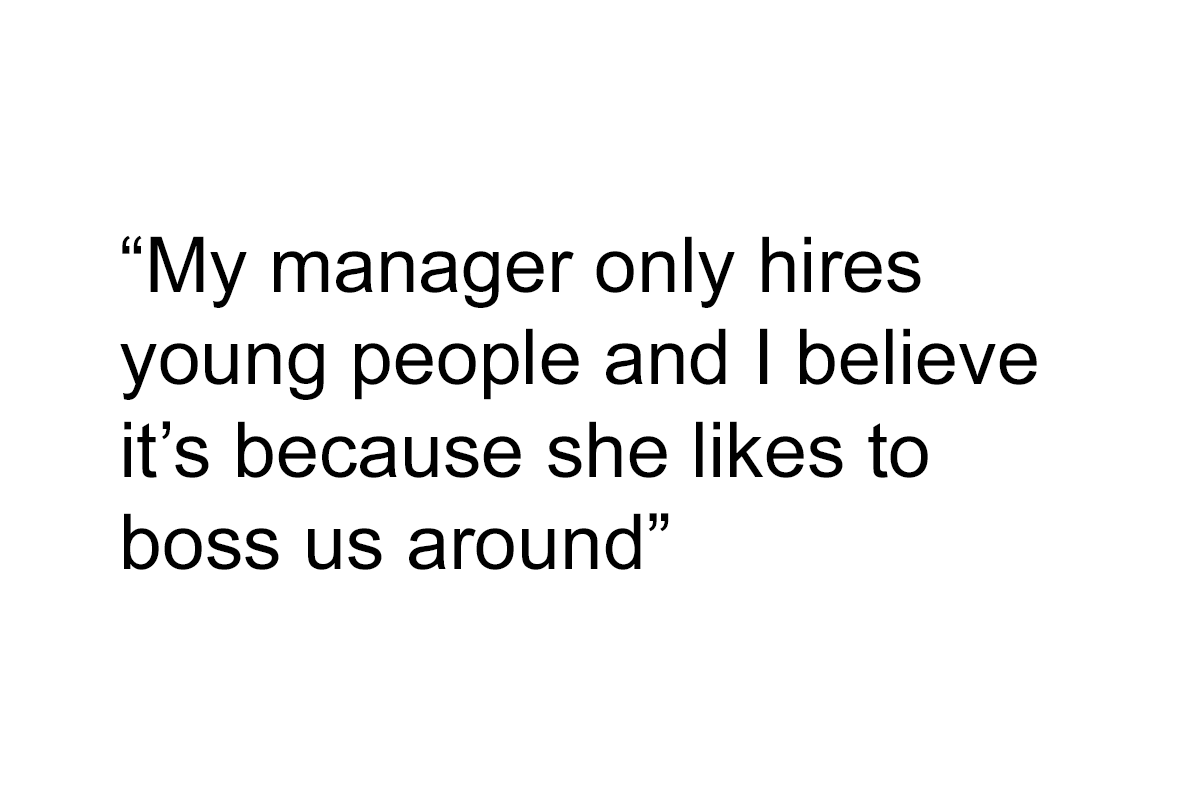
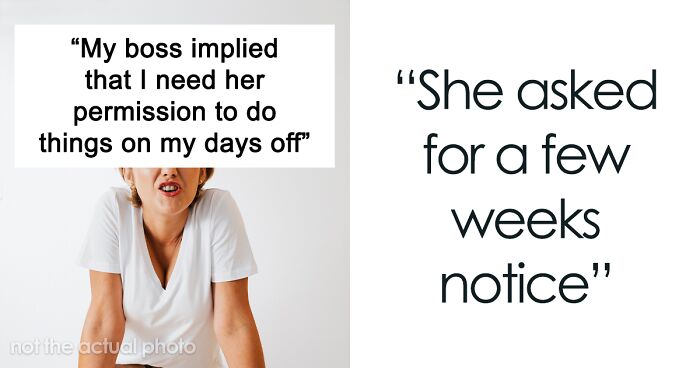





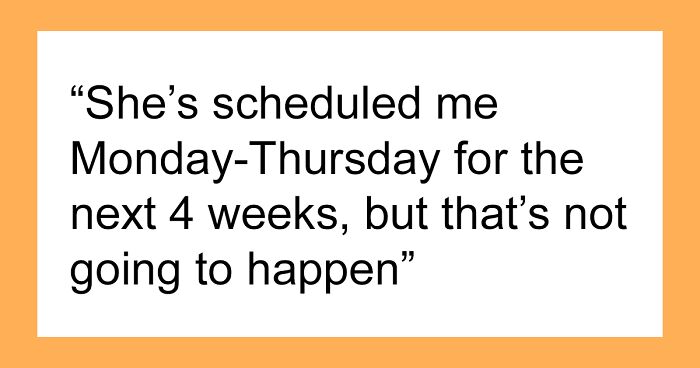




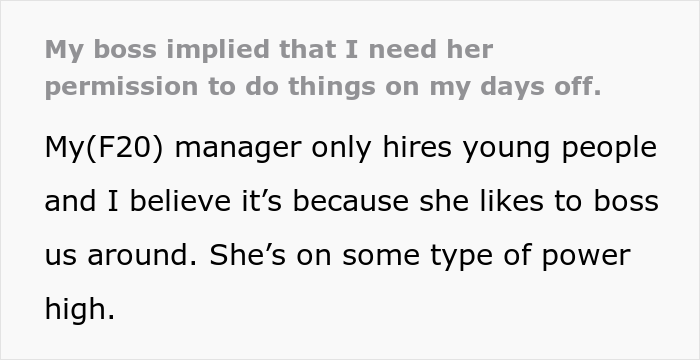
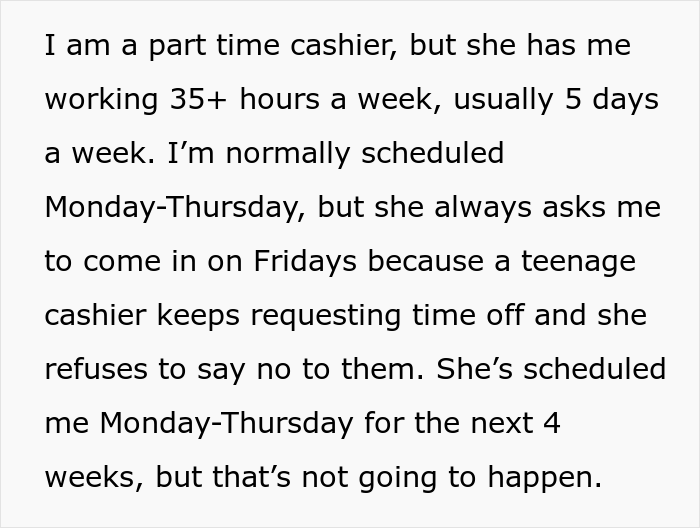



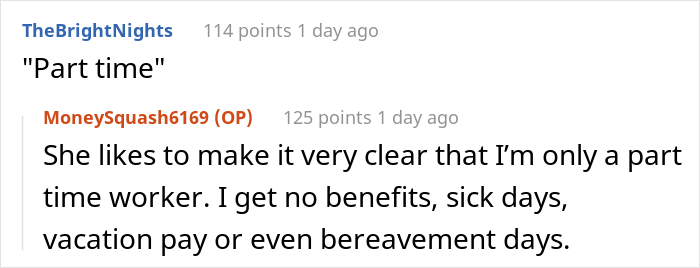


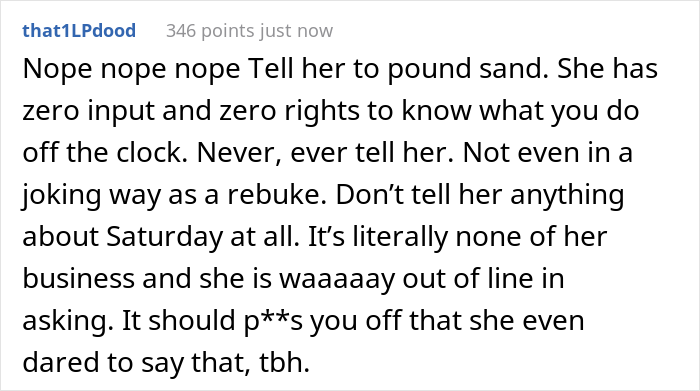


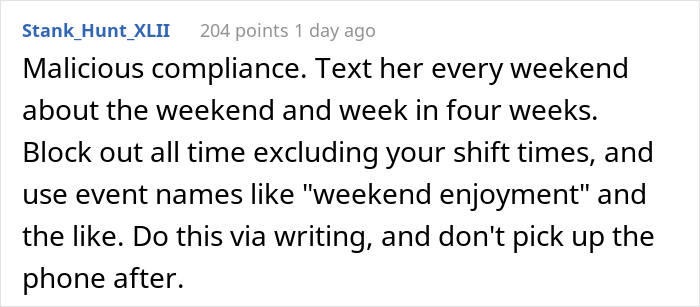
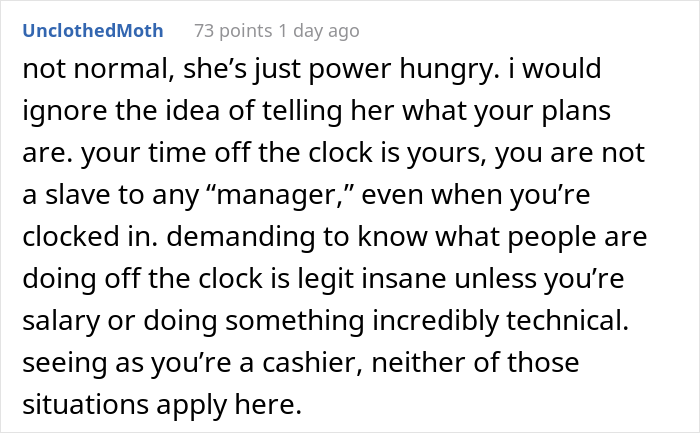


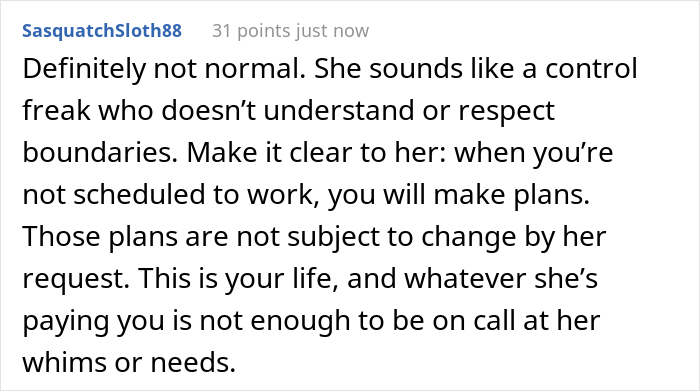
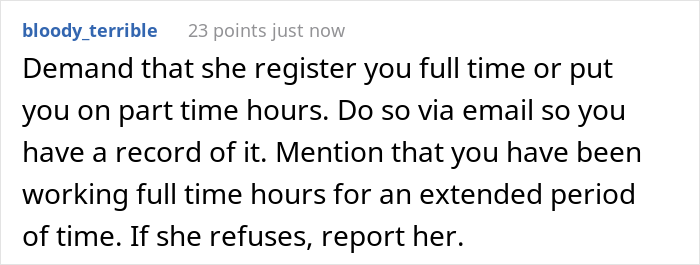


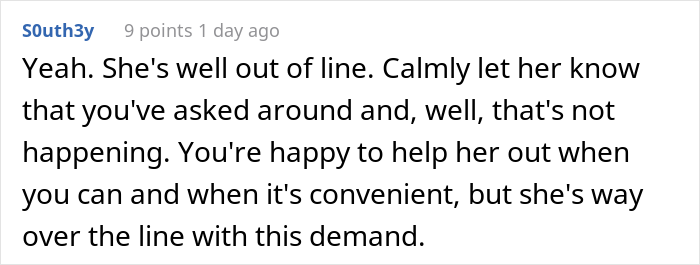

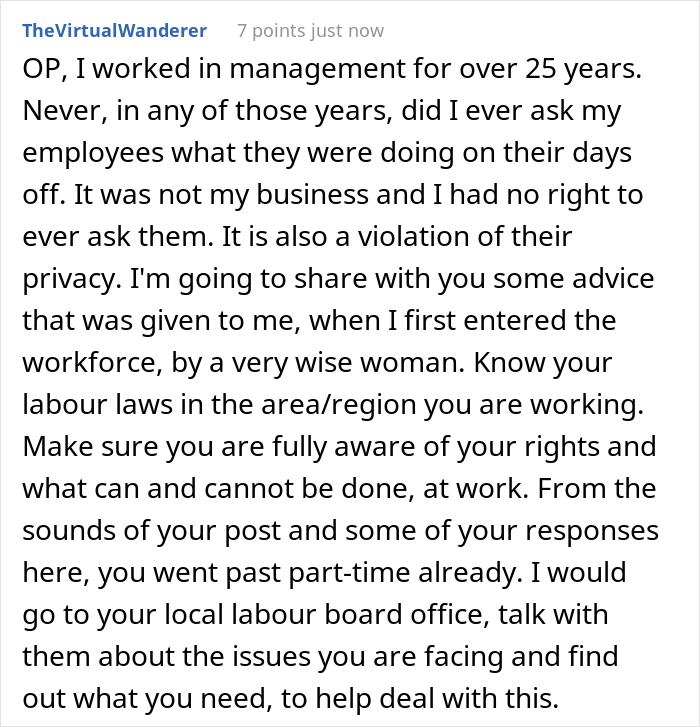










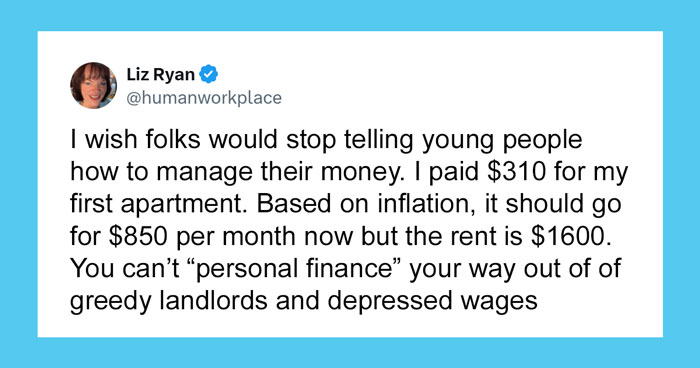













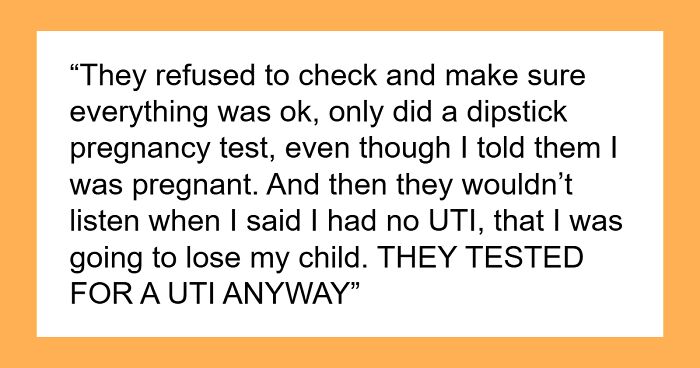

100
51